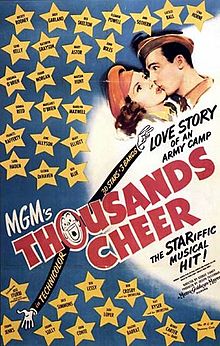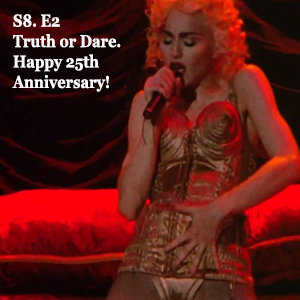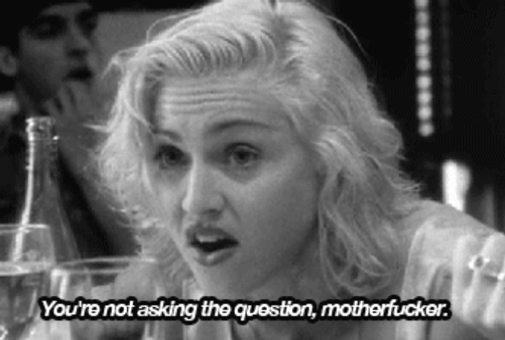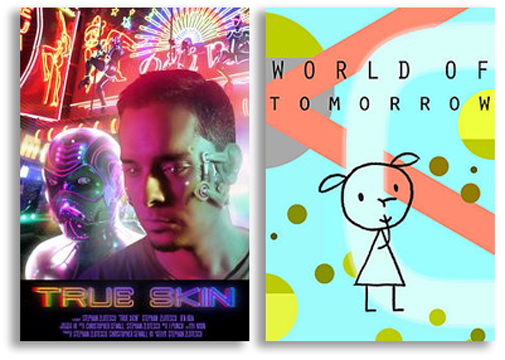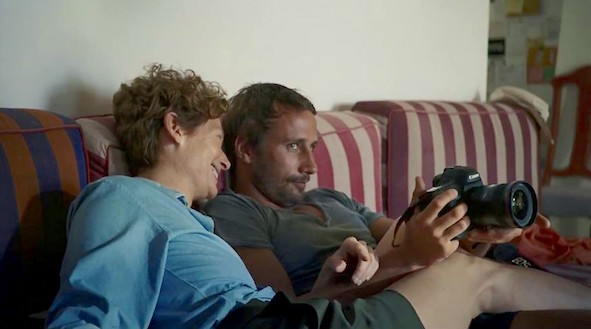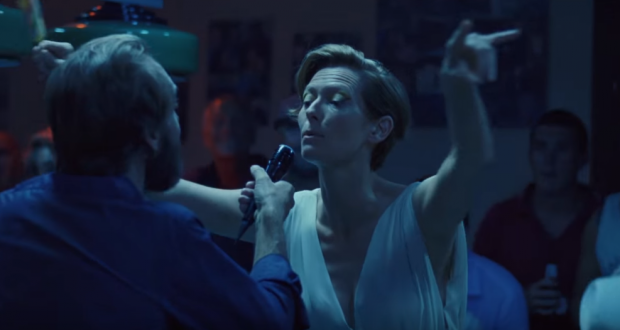HBO’s LGBT History: The End
 Wednesday, May 11, 2016 at 11:01AM
Wednesday, May 11, 2016 at 11:01AM It's the final episode as Manuel has worked his way through all the LGBT-themed HBO productions.
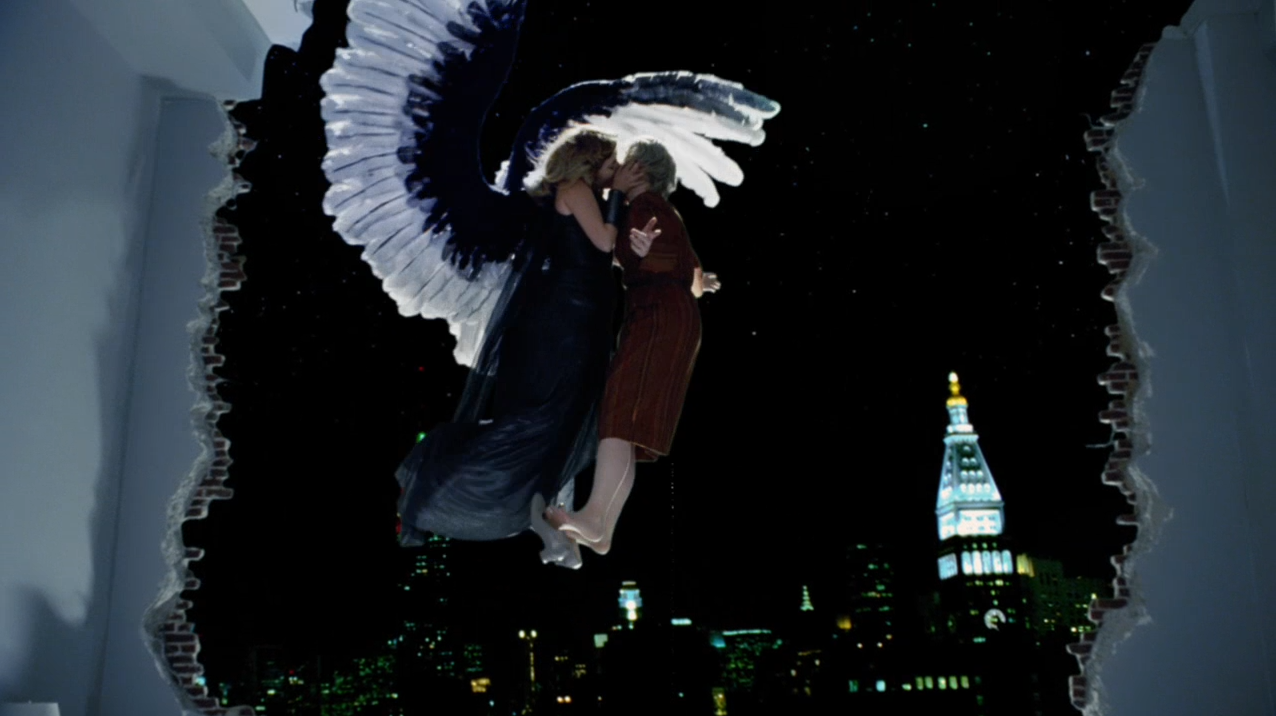
I began this project because, after watching and recapping Looking here, I became fascinated with the idea that, with that Andrew Haigh show, the cable network had somehow reached peak gay TV even as it also managed to alienate the very viewers it was trying to coax. I wanted to, in a way, put Looking in context by watching everything HBO had produced and aired that had tackled LGBT issues.
This required a lot of scavenging—despite their shiny HBOGo and HBO Now ventures, a lot of the network’s older and more obscure TV movies and shows remain unattainable. And so I reached back and watched a lot of not so great TV movies from the early 80s, caught up with key “very special episodes” of their most well-known dramas and comedies, and later got to re-watch some of their most recent entries into this, as it turned out, rather extensive canon.
We began with Harvey Fierstein’s Tidy Endings which a year later looks as perfect an intro to the HBO brand of LGBT representation as I could have envisioned: here was a character-driven drama adapted from a well-received property (Fierstein’s one-act play) that got a prestige boost with some grade-A casting (Stockard Channing) that treated its characters with dignity and complexity. That it was also an AIDS drama (in 1988!) also told me a lot about how button-pushing and social justice-minded the network was and remains. In fact, for the first handful of entries this column might as well have been called “HBO’s AIDS films.”
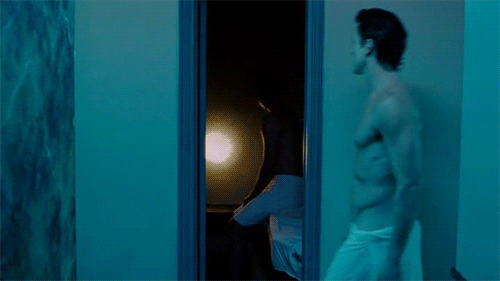
What surprised me most in this journey was both the diversity of stories being told and also the homogeneity of them at the same time. Taken individually, And the Band Played On, The Normal Heart, Vito, In The Gloaming, Angels in America and Common Threads: Stories from the Quilt are all urgent and necessary projects that build out the narrative of the AIDS crisis; but seen as a collective, you cannot help but see the very narrow racial and socio-economic stories being told here. Angels is a near-perfect play/miniseries but I do often wish Belize’s world and personal life had been offered to us in equal measure with his fellow characters. Similarly, while gay men were amply represented, I found myself dismayed (though not surprised) at the lack of lesbian stories.
These are, of course, issues that are larger and more systematic but they’re worth keeping in mind even as I still stand by the belief that HBO has championed LGBT representation like no other television network in history (though ABC and ABC Family/Freeform on the one hand and Netflix on the other might be giving them a run for their money right now).
Rather than offer an exhaustive index of everything I covered—22 television shows, 18 feature films, 16 documentaries, and 2 miniseries—I figured I’d offer a sampling, with three Top 5 lists.
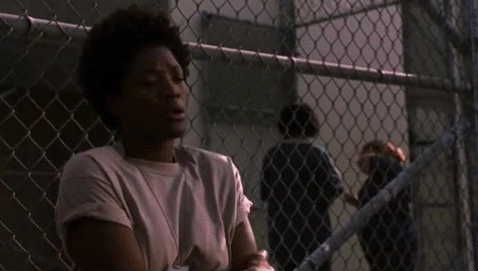
Manuel’s Favorites: Top 5 Discoveries
Part of the fun of this project was the chance to watch films that I'd never seen before and there 5 may not be the "best" but they are certainly the ones I'm most glad I got to catch and write about. Bonus: even in a gay male saturated canon, I got to talk about Michelle Williams, Vanessa Redgrave, Yolonda Ross, and Jessica Lange.
If These Walls Could Talk 2 (2000)
Stranger Inside (2001)
Normal (2003)
Nightingale (2015)
Mapplethorpe: Look At The Pictures (2016)
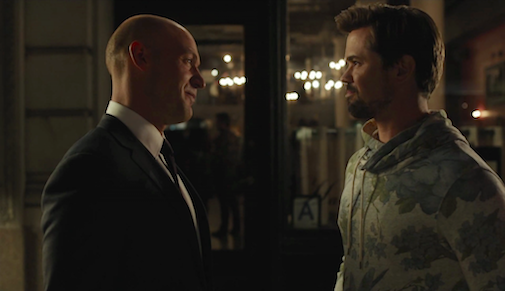
Manuel’s Favorites: Top 5 TV
These were not only fun to write (I really could spend endless posts on my love for Andrew Rannells in Girls and the actressing work on that Mormon family drama Big Love) but also great exercises in focusing on the parts rather than the whole (say, Dane DeHaan's great turn, Rodrigo García's capable direction).
Six Feet Under, “A Private Life” (2001)
Big Love (2006-2011)
In Treatment (2008-2010)
Girls (2012-)
Sex in TV

Fan Favorites: Top 5 Most Commented
Auteurs, Sarah Jessica Parker & co., and Glenn Close drove the most spirited discussions this past year which, when you think about it, seems just about right.
Elephant (2003)
Behind the Candelabra (2013)
Sex and the City (2008, 2010)
1998, The Year in TV
In the Gloaming (1997)

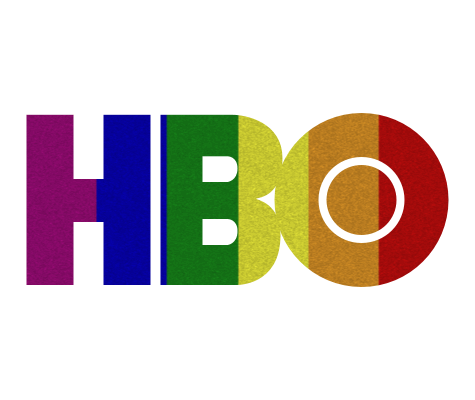
There's plenty more for you to dig through if you wanted to revisit the entire series, but for now we'll bid goodbye to the series which was challenging, exhiliarating, and exhausting, but never nothing short of rewarding. Thank you to Nathaniel, to all who commented, who shared in the experience, and who made it feel like I wasn't alone this past year. There may be another column in the future but for now, we rest (and patiently wait for Haigh's Looking film which will premiere at Frameline this June).



